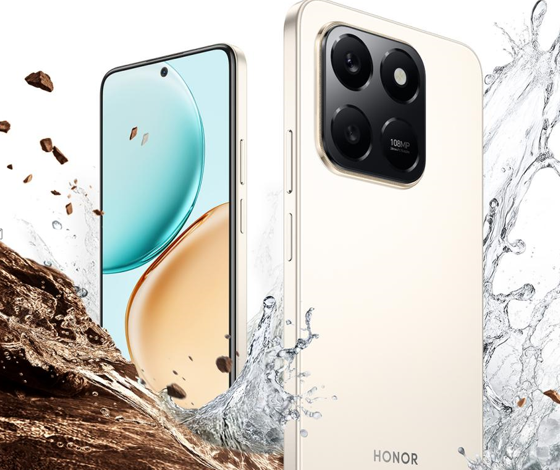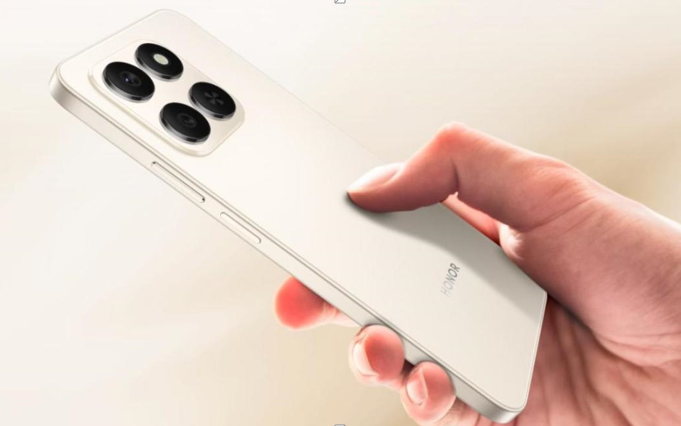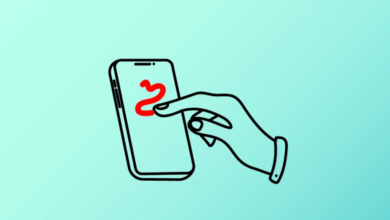How Do Smartphones Simplify Our Everyday Tasks?

Smartphones have become indispensable tools, revolutionizing how we manage daily activities. With their advanced features and apps, they cater to various needs, providing solutions that were unimaginable a couple of decades ago. They connect people, organize calendars, track expenses, guide journeys, and entertain us anywhere, anytime. By integrating numerous functionalities into a single portable device, smartphones eliminate the need for separate gadgets. Whether being used to chat with friends across the globe, calculate monthly budgets, or explore new places, the convenience they offer speaks volumes. Models like the HONOR X7d show how versatility makes life smoother and more efficient, allowing users to accomplish multiple tasks seamlessly.
Key Ways Smartphones Make Daily Life Easier
Streamlined Communication
Smartphones revolutionize communication by merging calling, texting, emailing, and social media into one device. Users can connect instantly with anyone worldwide, whether through voice calls or video chats. Apps like WhatsApp, Zoom, and iMessage allow seamless conversations that feel personal and immediate. Push notifications ensure that important messages aren’t missed, while quick replies enable timely interactions. Professional tasks are simplified with email syncing and virtual meeting tools. By integrating multiple communication channels, smartphones consolidate interpersonal and professional communications, making quick adjustments possible. Sharing large files is straightforward with cloud services, removing barriers to collaboration. This unified platform not only quickens conversation but also deepens connections, whether for personal bonding or business negotiations.
Boosting Productivity and Organization
Productivity apps on smartphones help organize tasks and calendars efficiently. Tools like Evernote, Google Calendar, and Todoist offer reminders, notes, and scheduling that keep individuals on track, enhancing time management. Notifications ensure users stay updated, while cloud syncing lets them access documents anytime. With these apps, professionals can plan projects, allocate time, and prioritize tasks, increasing efficiency. Smartphones allow users to set goals and monitor progress, fostering accountability. Collaboration is boosted as shared calendars and task lists ensure everyone is synchronized. By having organized plans accessible within a swipe, productivity levels rise, and users can adapt quickly to changing requirements without missing crucial deadlines.
Handling Daily Errands and Finance
Smartphones simplify handling errands through financial apps and task-oriented platforms. Mobile banking apps allow users to transfer money, pay bills, and track transactions effortlessly. Budgeting tools like Mint or YNAB help manage expenses by monitoring income and spending in real-time. Grocery delivery apps save time by letting users shop remotely, ensuring home essentials are met without hassle. Applications like Venmo and PayPal facilitate peer-to-peer transactions securely and quickly. Scheduling tools help book appointments or reservations, reducing time spent on logistics. With easy-to-use interfaces, smartphones reduce complexity and offer solutions on the fly, allowing users to handle financial and daily tasks efficiently and securely.
Navigation, Travel & Smart Living
Navigation and travel are revolutionized by smartphones through GPS and dedicated apps. Google Maps and Waze offer real-time traffic updates, alternative routes, and local recommendations. Travelers can book flights, accommodations, and rental cars through apps like Expedia or Airbnb. The integration of smart home devices enables users to control lighting, thermostats, and security remotely. This connectivity ensures user lifestyles are convenient and adaptive, no matter where they are. Smartphones act as tour guides or booking agents by providing detailed itineraries, allowing users to explore new regions with confidence. By fostering connected environments, they simplify both everyday living and extraordinary adventures, ensuring ease and efficiency.
See also: Simplifying Floor Cleaning: Tools, Techniques, and Technology
Learning, Health & Entertainment On the Go
Smartphones facilitate learning with access to eBooks, educational apps, and online courses. Platforms like Coursera and Khan Academy provide self-paced learning opportunities. Health apps offer fitness tracking, meal planning, and even meditation guidance to maintain well-being. Entertainment is just a tap away with streaming services like Netflix, Spotify, and gaming apps that cater to diverse interests. Users can discover new music, binge-watch series, or explore interactive games right on their devices. Smartphones enable individuals to personalize their leisure and educational pursuits, ensuring fulfillment and continuous growth. This accessibility ensures that both the mind and body are engaged and nurtured, no matter the location.

How to Use Smartphones Intentionally?
Reduce the Risks of Overdependence
Overdependence on smartphones can lead to anxiety, reduced productivity, and impaired social skills. Relying excessively on digital interactions diminishes face-to-face communication skills and emotional connections. Individuals may find themselves distracted, leading to neglected responsibilities and diminished focus on tasks. Information overload is possible, causing stress and decision fatigue. Physical risks include eye strain and posture issues due to prolonged screen time. Dependence may also foster a compulsive checking habit, contributing to mental exhaustion. Realizing these risks raises awareness, guiding users to evaluate their habits. Monitoring usage and establishing boundaries are crucial steps to maintain mental and physical health while maximizing smartphone benefits.
Avoid Distractions & Notification Overload
Notifications can interrupt daily tasks, causing distractions and reducing focus. Frequent alerts lead to fragmented attention, impacting productivity. Many apps utilize notifications to engage users continuously, risking multitasking pitfalls and stress. Managing these distractions includes adjusting notification settings to filter essential alerts and mute non-urgent ones. Activating “Do Not Disturb” during work hours limits interruptions while keeping critical contacts reachable. Users should cultivate digital attention by scheduling periodic checking times. Organizations can emphasize digital hygiene standards among teams, promoting concentrated work periods. Efficient notification management allows users to maintain concentration, preserving workflow productivity while staying informed on essential updates.
Tips to Maintain Balance
Balancing smartphone use involves setting boundaries and engaging mindfully. Schedule focused periods for tasks without phone interruptions. Utilize app timers to limit usage and encourage breaks. Define zones in daily routine where phone access is restricted, such as during meals or meetings. Encourage offline activities—reading physical books, exercising, or socializing face-to-face. Develop awareness about app engagement, reassessing necessities regularly. Digital detox days—time without tech—provide mental refreshment. Mindfulness practices can enhance concentration and prevent passive scrolling habits. With deliberate, conscious efforts, individuals can cultivate a healthy relationship with smartphones, fostering enriching experiences without succumbing to potential downsides.
Conclusion
Smartphones offer remarkable tools that simplify and enhance daily life across communication, productivity, errands, navigation, and leisure. While providing convenience, users must manage risks associated with overdependence and distraction. Mindful practices equip individuals to balance benefits and drawbacks, ensuring optimal use. Proactive habits and intentional engagement with apps maintain control, permitting smartphones to be effective allies rather than sources of stress. By leveraging smartphones positively, users can navigate modern tasks efficiently, ensuring daily experiences are enriched and not overwhelmed. Ultimately, smartphones empower individuals to redefine efficiency and enjoyment in an ever-connected world.



